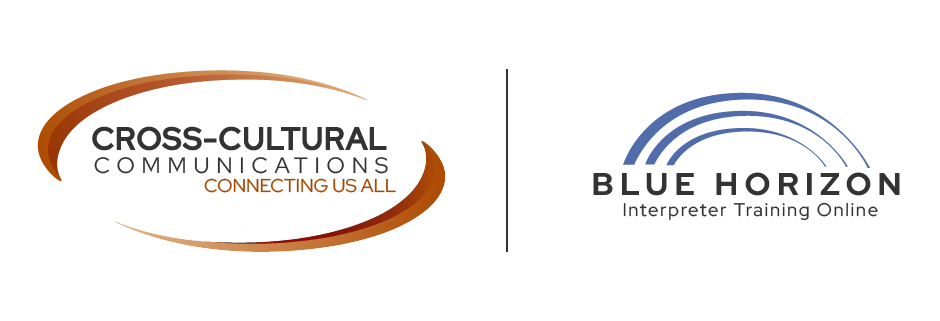Applying Codes of Ethics to Remote Interpreting
This course is a must-have for every remote interpreter. With challenges like bad connections, family dynamics, or staff miscommunications potentially derailing your work, this module will equip you with the essential knowledge to handle these situations professionally. You'll master key ethical guidelines, understand regional differences and make quick, effective decisions with confidence, ensuring you deliver top-notch service every time.

Applying Codes of Ethics to Remote Interpreting
Course description
This module will familiarize you with ethical principles for interpreters around the world, guiding you on how to navigate ethical decision-making in remote interpreting. You'll explore the key elements common to most interpreter codes of ethics worldwide, as well as the areas where they differ. Additionally, you'll receive practical advice on addressing controversial issues. Learn to confidently maintain ethical standards in their practice by adhering to core principles such as professionalism and confidentiality.
Note: In this course, “remote interpreting” and “distance interpreting” are considered synonyms.
Course length: 2.5 hours
Course access period: 60 days from purchase date
Once purchased, course access cannot be paused. See our FAQ for information on purchasing course access extensions.
Course completion requirements: Pass one exit test (score of 70% or above).
Certificate: Downloadable certificate available immediately upon passing the exit test.
CEUs
- Certification Commission for Healthcare Interpreters (CCHI): 2.5 CE hours
- International Medical Interpreters Association: 0.25 CEUs pending
- Ontario Council on Community Interpreting: 2.5 OCCI PDUs pending
- Registry of Interpreters for the Deaf: 2.5 RID CEUs
- Washington State Department of Social and Health Services: 2.5 DSHS General Credits
Learning objectives:
After completing this lesson, you will be able to:
- Recognize eight shared similarities among codes of ethics for interpreters worldwide.
- Distinguish four key differences among codes of ethics for interpreters around the world.
- Apply codes of ethics in remote interpreting settings across specializations and regional or national borders.
What you will get:
- Guided lessons by your video instructor: John Arroyave, MBA
- 15 interactive exercises, including a role play in 4 language pairs and self-assessment of the interpreter’s performance
- A valuable exploration of over 200 codes of ethics around the world.
- Comprehensive guidance on applying the codes of ethical conduct to remote interpreting.
- Access to The Remote Interpreter: An International Textbook for Remote Interpreting.
- Course completion certificate
How this course will improve your practice:
You will:
- Clearly define codes of ethics, standards of practice, international standards and best practices, enhancing your understanding and application in the field.
- Develop a strong understanding of the similarities among various codes of ethics for interpreters, ensuring consistency and ethical practices.
- Analyze differences among codes of ethics for interpreters, enabling you to adapt to different professional and cultural contexts.
- Confidently apply codes of ethics and standards for interpreters across specializations or national borders, ensuring ethical integrity in all your interpreting encounters.
- Identify the similarities in codes of ethics for sign language interpreters, improving your ability to navigate ethical challenges within specific contexts.
Visit our Terms of Use for our training policies and procedures, including our refund policies.


